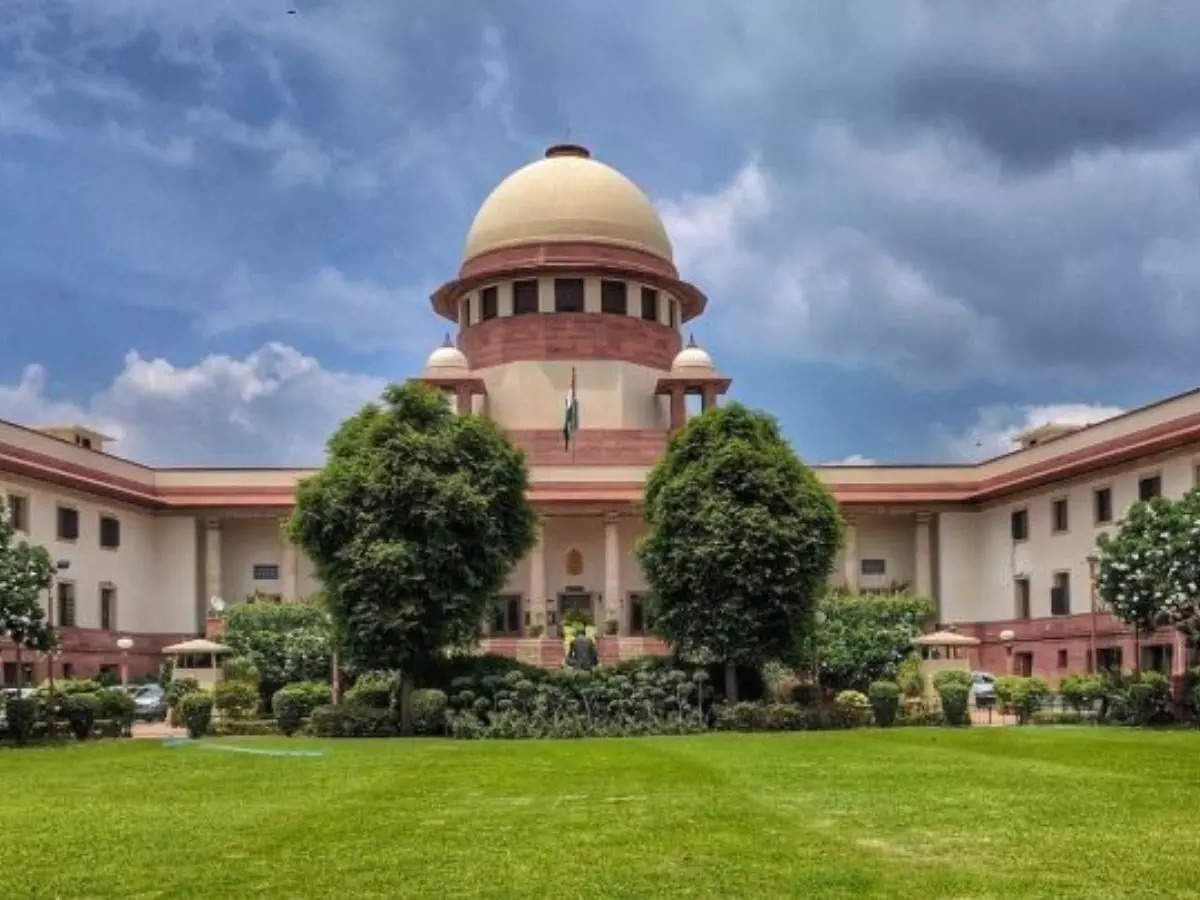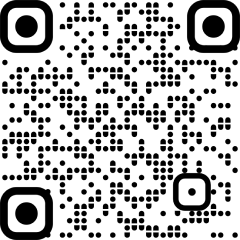
New Delhi: In a major setback to unsuccessful aspirants of NEET-UG 2024, the Supreme Court on Tuesday dismissed the pleas seeking cancellation and re-test of the controversy-ridden exam, holding that there was no evidence on record to conclude that it was “vitiated” on account of “systemic breach” of its sanctity.
The interim verdict, to be followed by a detailed and reasoned order, came as a shot in the arm for the embattled NDA government and the National Testing Agency (NTA), which were facing strong criticism and protests, on streets and in Parliament, over alleged large-scale malpractices like question paper leak, fraud and impersonation in the prestigious test held on May 5.
Over 23 lakh students took up the National Eligibility-cum-Entrance Test-Undergraduate (NEET-UG) in 2024 for admissions to MBBS, BDS, AYUSH and other related courses.
A bench comprising Chief Justice D Y Chandrachud and Justices JB Pardiwala and Manoj Misra concluded the four day-long proceedings where they heard submissions from a battery of lawyers, including Solicitor General Tushar Mehta, appearing for the Centre and the NTA, and senior advocates Narender Hooda, Sanjay Hegde and Mathews Nedumapra.
Instead of reserving the verdict, the bench re-assembled around 4:50 p.m. and started dictating the order, saying, “In a matter like this final conclusions of the court be recorded at the present stage since there is an urgent need to provide certainty and finality to the dispute which has occurred and affects the career of over 2 million students.”
Referring to its independent scrutiny of the data placed by the NTA and others, the CJI said, “At the present stage, there is absence of material on record to lead to conclusion that the result of the examination is vitiated or that there is systemic breach of the sanctity of the exam.”
The data on record is “not indicative of a systemic leak of the question paper which would indicate a disruption of the sanctity of the examination“, the bench said.
It said ordering the test afresh would be replete with serious consequences for over 24 lakh students who appeared in the examination.
That, the court said, will cause “disruption of admission schedule, cascading effects on the course of medical education, impact on availability of qualified medical professionals in the future and be seriously disadvantageous for the marginalised groups for whom reservation was made in allocation of seats.”
The bench said ordering cancellation of the entire exam was not justified on application of “settled principles propounded by this court on the basis of material on record”.
For cancelling the exam, the wrongdoing should be widespread and systemic, breaching the sanctity of the entire test, it observed.
The bench rejected the submission by the lawyers for petitioners that the leak was systemic in nature, and coupled with structural deficiencies, left the court with the only option of ordering a re-test.
The court, however, said the fact that the leak of question paper indeed took place in Hazaribagh and Patna is “not in dispute”, and referred to the Central Bureau of Investigation’s status report to say that “155 students drawn from the exam centres at Hazaribagh and Patna appeared to be the beneficiaries of the fraud.”
It said since the tainted students can be distinguished from those untainted, there was no force in the argument of petitioners that a re-test was the only option.
If a CBI probe reveals an increased number of beneficiaries, suitable action can be taken against such students.
“No student who is revealed to have been in this fraud or is a beneficiary would be entitled to claim any vested right in continuation of admission,” it said.
On the issue of a controversial physics question that was asked in the examination, the bench accepted the report of the experts of IIT Delhi that there was only one right answer and not two as alleged by some lawyers.
“In view of the experts’ determination, we have no manner of doubt with regard to the correct option… we accept the IIT Delhi report and accordingly the NTA shall re-tally the NEET UG result on the basis that option 4 represents the only correct answer to the question,” it said.
In its report, IIT Delhi had said only one of the options – “atoms are electrically neutral as they contain equal number of positive and negative charges” – to a question is correct.
The court also upheld the decision of the NTA to conduct re-test for 1,563 students on account of loss of time, change of question paper set and the language issues with it.
The bench allowed candidates with personal grievances to move the respective high courts after withdrawing their pleas from the apex court.
“The principal issue before us is the sanctity of the exam and whether fresh retest is needed. We clarify that if any student has any individual grievance not with regard to answers given in this judgment can approach the competent jurisdictional high courts…,” it said.
Doubts about the sanctity of the exam arose when a total of 67 students scored a perfect 720, unprecedented in the NTA’s history, with six from a Haryana centre figuring in the list.
The number of candidates sharing the top rank came down to 61 from 67 after the NTA announced the revised results on July 1.







